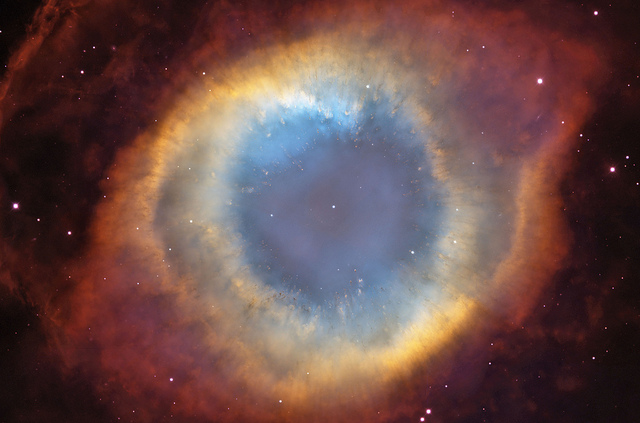
“How shall I break the silence? What word is more eloquent than the silence itself? In the moments before a word is spoken anything is possible.” –Barbara Brown Taylor
Four-year-olds ask an average of 437 questions every day, and I am receiving their witness. My nephew, Isaac, is one of these 40-pound, Spider-Man-loving, ketchup-faced witnesses from whom I am learning. He never stops asking questions. Sometimes he returns my questions with a question, as if this is a mutual question society. Take a game—like hide and seek—and he will turn it into a question. Hiding in my food pantry, Isaac yells out,
“Do you know where I are? Do you know where I are?”
And while the premise of the game is built around the fact that at least one person is seeking, he wants to make sure. “Do you know where I are?” Every time he asks, his little voice rises in pitch and intensity. Like any good question, his elicits a response; it requires that someone is response-able. Isaac expects me to come find him, though I am constrained to look in a series of other hiding spots beforehand. (Because as everyone knows, it’s highly frowned upon to look in the food pantry first. What fun is that?)
Do you know where I are . . . God?
I do not ask many questions these days. Somewhere along the way, the prayers of the people—the prayers of this person—have become less prolific than the prayers of the pre-schooled; when did I become less curious than they?
I am the product of the information age, growing more knowledgeable and civil, yes, but it seems wrong somehow to have removed the inflections from the end of my sentences. At what point did the acceptable response to mystery become “of course”? For instance, last week I was reading about the Helix Nebula, what scientists call “The Eye of God.” The Eye of God, one of the closest planetary systems to earth, has fixed its gaze 700 light years away; but I am not batting an eyelash. I roll over and go to bed without thinking to write the pastors of NASA: “Where is his mouth? Have they found his ears?”
Forget “Do you know where I are?” Do we know where he is?!
I heard they sent pastors of NASA home anyway.
Surely every discovery, every knowing might easily prompt a thousand unknowings if we were open to them. If we were open to being amazed, then “of course” would be a curse word and we would be in awe, pulling at the pant leg of our mother every few minutes—“Really? How? Why?” This is humility: that Jesus, being in very nature God, did not consider equality with God something to be grasped. This is humility, the pant leg of God. My Judeo-Christian faith has its genesis around one command: keep asking questions, stay chomping at the bit, better is ongoing relational mystery than one swift bite of knowledge. Had Christ meant to temper the inquiries of his Bride, would unseen Spirit and elusive stories be his way? We flip through the pages of the Text with confidence, but is it supposed to turn us tame to learn that Jonah spent three days and nights marinating in the gastric juices of the absurd? Is a story like that supposed to end our line of questioning?
We don’t think so. That’s why House is beginning a new blog series titled “The New Liturgist,” in which we will seek to ask good questions, confess limited narratives and submit our rough drafts for mass review. We think it will keep us humble and faithful, these “what if’s” and “I suspect’s.” Stay tuned next week for part 2 of Who Is The New Liturgist . . .
photo credit: NASA, ESA, C.R. O’Dell (Vanderbilt University), and M. Meixner, P. McCullough
